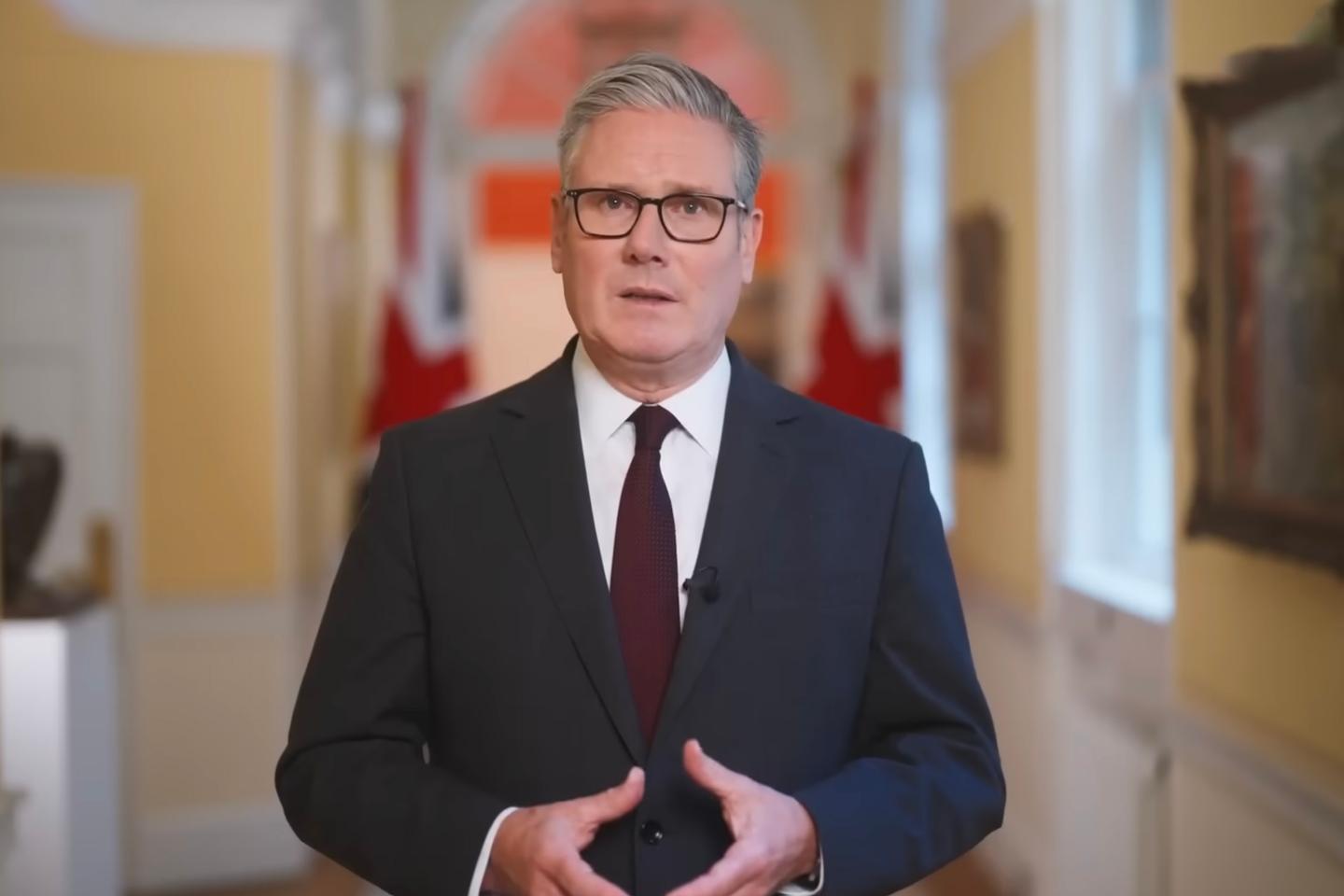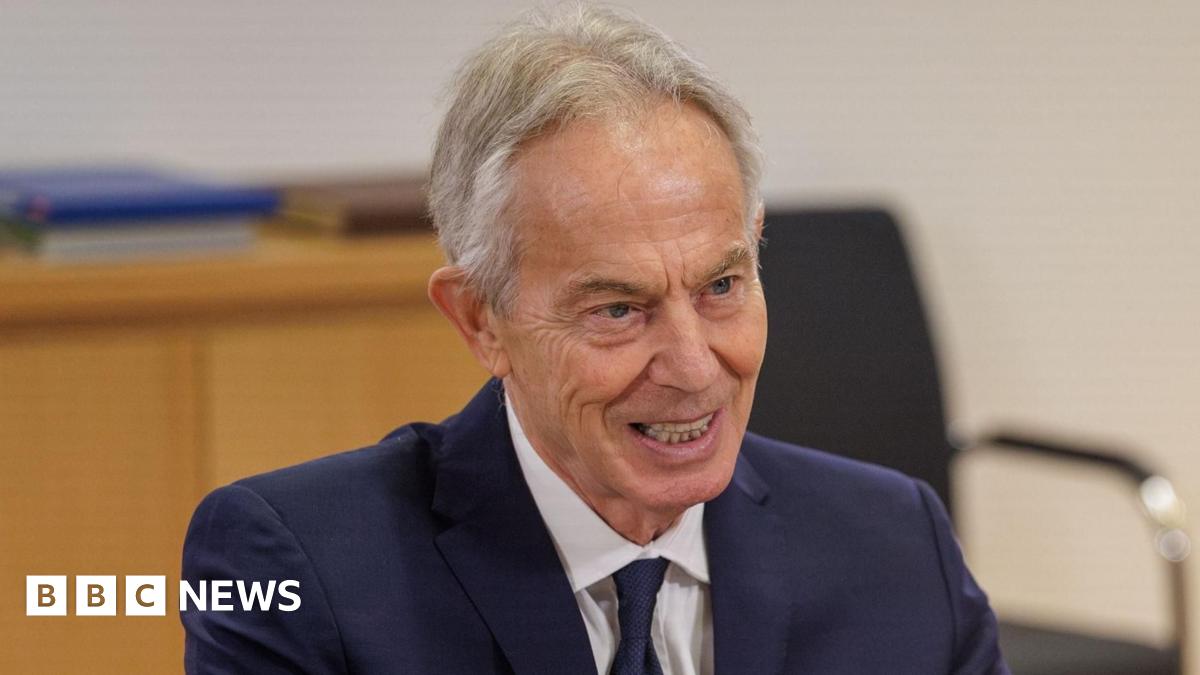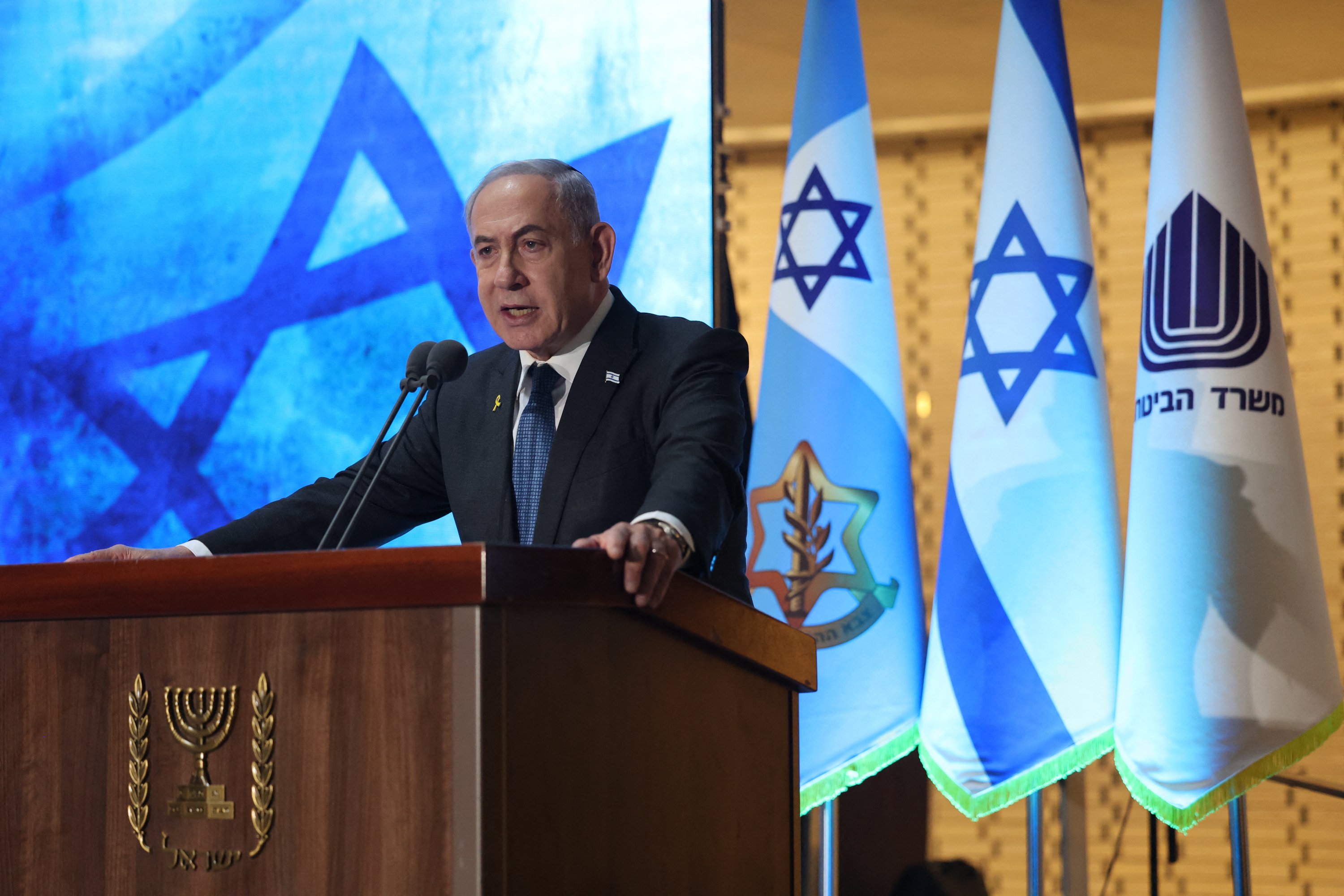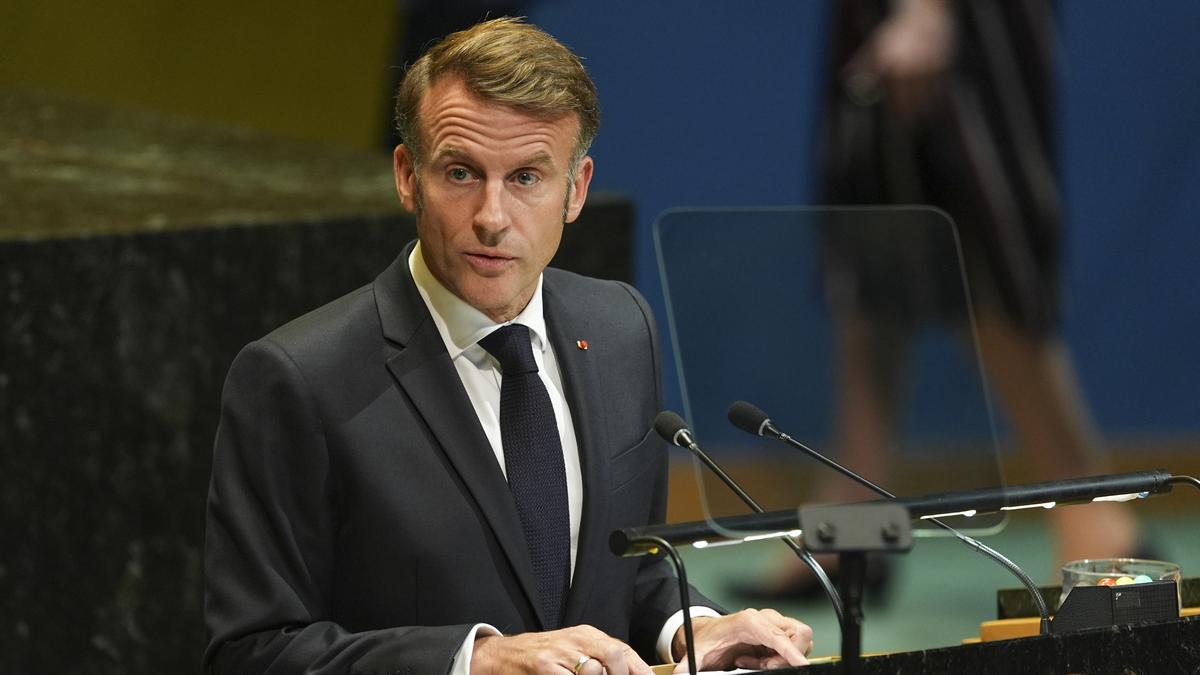Iran Sanctions 'Snapback' Reimposed Amid Regional Tensions
The United Nations sanctions on Iran, often referred to as the "snapback" sanctions, have been reimposed, as confirmed by the E3 (France, Germany, and the United Kingdom). This development unfolds amid heightened regional tensions, with accusations leveled against Israel by the Russian Foreign Minister and ongoing conflict in Gaza.
Reimposition of UN Sanctions on Iran
Ten years after the initial nuclear agreement, Iran is facing a renewed and intensified sanctions regime. The Iranian government, however, remains defiant, claiming resilience and asserting its ability to withstand the economic pressure. According to the Straits Times, Iran's rulers maintain that they have weathered previous sanctions and will do so again.
These sanctions, triggered by the mechanism within the Iran nuclear deal (JCPOA), mark a significant escalation in international pressure on Iran over its nuclear program and regional activities.
Regional Unrest and Geopolitical Implications
The reimposition of sanctions occurs against a backdrop of escalating tensions in the Middle East. The Russian Foreign Minister has accused Israel of "blowing up" the region, potentially referring to ongoing conflicts and military actions. Simultaneously, the Israel Defense Forces (IDF) asserts control of over half of Gaza City, while Hamas leadership states they have "no regrets" regarding the October 7th attacks. The combination of these events creates a volatile and complex geopolitical landscape.
Israel-Gaza Conflict Developments
In the Gaza Strip, the IDF continues its operations, claiming control of significant areas within Gaza City. Meanwhile, Hamas remains steadfast in its position, with its leaders expressing no remorse for the October 7th attacks. Former US President Trump has also reported having positive discussions with Benjamin Netanyahu regarding the situation in Gaza. The conflict continues to displace civilians and create a humanitarian crisis.
 Visit the website
Visit the website







